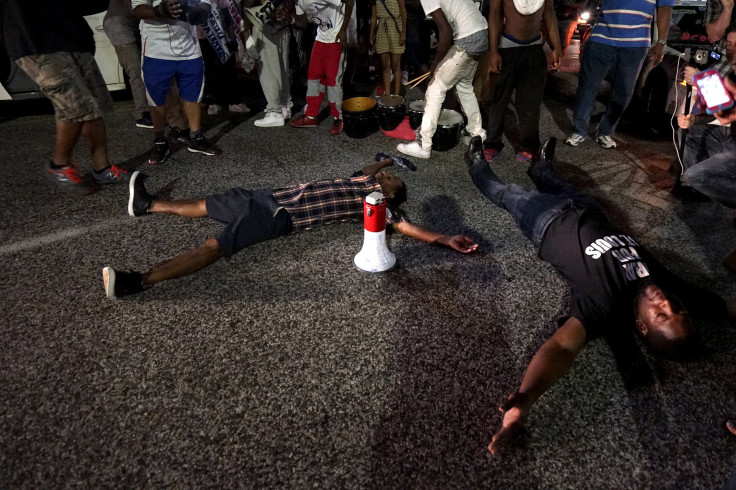As Ferguson Anniversary Nears, More Americans Say The Civil Rights Movement Is In Reverse: Poll

A growing number of Americans say civil rights progress for African-Americans has reversed during their lifetime, a Gallup poll released Friday said. The poll’s results were revealed nearly one year after the fatal shooting of unarmed black man Michael Brown in Ferguson, Missouri, touched off the “Black Lives Matter” movement and brought renewed scrutiny of police tactics in cities across the nation.
Of the 2,296 adults from all 50 states polled June 15 to July 10, nearly a quarter (23 percent) said civil rights progress has either stayed the same or gotten worse since they were born, Gallup said. That number was the highest Gallup has ever recorded, and more than twice the 11 percent of respondents who made the same claim in 2011.
Overall, 76 percent of respondents said civil rights progress for blacks has improved, far fewer than the 87 percent who said so in 2013. And 40 percent of those polled said the U.S. needs new laws to combat racial discrimination.
Former Ferguson police Officer Darren Wilson shot and killed Brown, 18, after a brief altercation Aug. 9, 2014. Protests began almost immediately after Brown’s death, grew sporadically violent after a jury declined to indict Wilson, and continue to this day, USA Today reported.
Since Brown’s death, a number of similar fatal encounters between police officers and unarmed black civilians have led to calls for increased public oversight of law enforcement, through police body cameras and other measures. Further protests occurred nationwide after police encounters lead to the deaths of more blacks, including Tamir Rice in Cleveland last November, Freddie Gray in Baltimore and Walter Scott in South Carolina last April and Samuel DuBose in Cincinnati in July.
In June, the racially motivated massacre of nine black parishioners at Emanuel AME Church in Charleston, South Carolina, led to a nationwide debate on public displays of the Confederate flag, which critics decried as a symbol of institutionalized racism. South Carolina subsequently banned the Confederate flag from state buildings.
“For too long, we were blind to the pain that the Confederate flag stirred in too many of our citizens," President Barack Obama said in June while eulogizing the Rev. Clementa Pinckney, a pastor and South Carolina state lawmaker who was among the Charleston shooting victims. "It’s true a flag did not cause these murders, but as people from all walks of life, Republicans and Democrats, now acknowledge … the flag has always represented more than just ancestral pride. For many, black and white, that flag was a remainder of systemic oppression and racial subjugation. We see that now.”
© Copyright IBTimes 2024. All rights reserved.





















